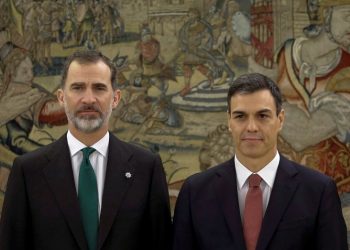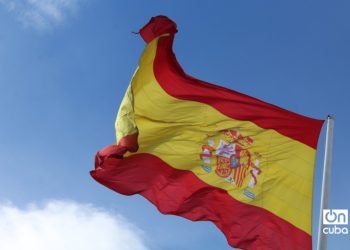The visit of the king and queen to Cuba: a risky commitment for Spanish politics
Spain seems disposed to seal in a lasting way the relationship with Cuba. However, it also seems determined that the focus not be placed on the meetings between the Spanish and Cuban leaders. The Cuba-Spain understanding has always had numerous detractors on the banks of the Potomac and the Manzanares. Thus, prudence obliges: good relations with Cuba, but, above all, discretion. The Spanish diplomacy is acting in Cuba with its own agenda and this, undoubtedly, as has happened on other occasions, strains relations between Washington and Madrid and especially strengthens the sectors that bet on establishing a siege on Díaz-Canel that keeps him isolated from a rapprochement with the European Foreign Ministries. Given the circumstances, discretion and independence are being presented as the best recipe to approach Cuba and it has been considered this way by the Spanish socialist executive in the last year: following an autonomous road in Cuba does not contradict the need to act with the greatest prudence. The then acting Foreign Minister Josep Borrell visited Cuba in mid-October, he did so in the framework of the high-level periodic relations established by Díaz-Canel and the acting president of the government of Spain, Pedro Sánchez, during his visit...




